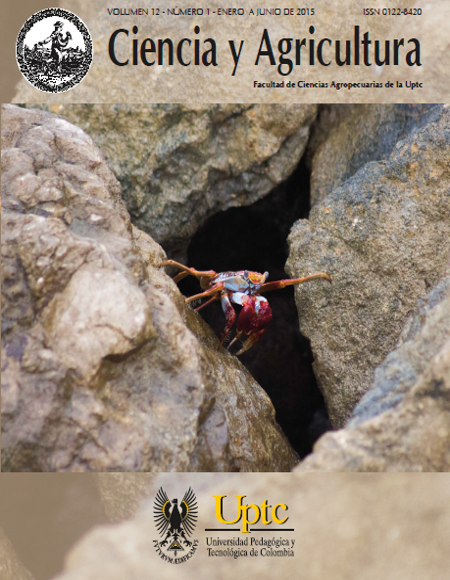Polynomial model application in the uniformity irrigation evaluation of the Nelson R 10 flow selfcompensating sprinkler

Abstract
There are irrigation evaluating uniformity methods, where the hydraulic operating conditions of the irrigation system and its influence on the water requirements of a crop are estimated. The evaluation methodology used in this research was the polynomial model, The study evaluated the functioning of the irrigation system with 4 different operating pressures, which were measured at the irrigation valve module exit, for each operating pressure 16 flow data were collected on 5 irrigation modules using a Nelson R10 self-compensating sprinkler.
The results of the research were: the uniformity coefficient, the distribution coefficient, the properly irrigated area and the irrigation suitability factor. One of the main results was the absence of significant difference between the pressures while they are in the range of auto compensation. On the other hand the distribution coefficient shows that there are significant differences between treatments, although all give values greater than 90%, in contrast to the relative percentages of a properly irrigated area that does not exceed 50 °/0 in any of the treatments, It was validated and verified that the se|f—compensating installed sprinkler Nelson R10 complies with the technical operating characteristics exposed in the catalog of the manufacturer (self-compensating pressures and uniformity), however, the irrigation depth applied must be managed and controlled.
Keywords
self-compensating sprinkler, polynomial model, uniformity coeficient, irrigation system, water layer.